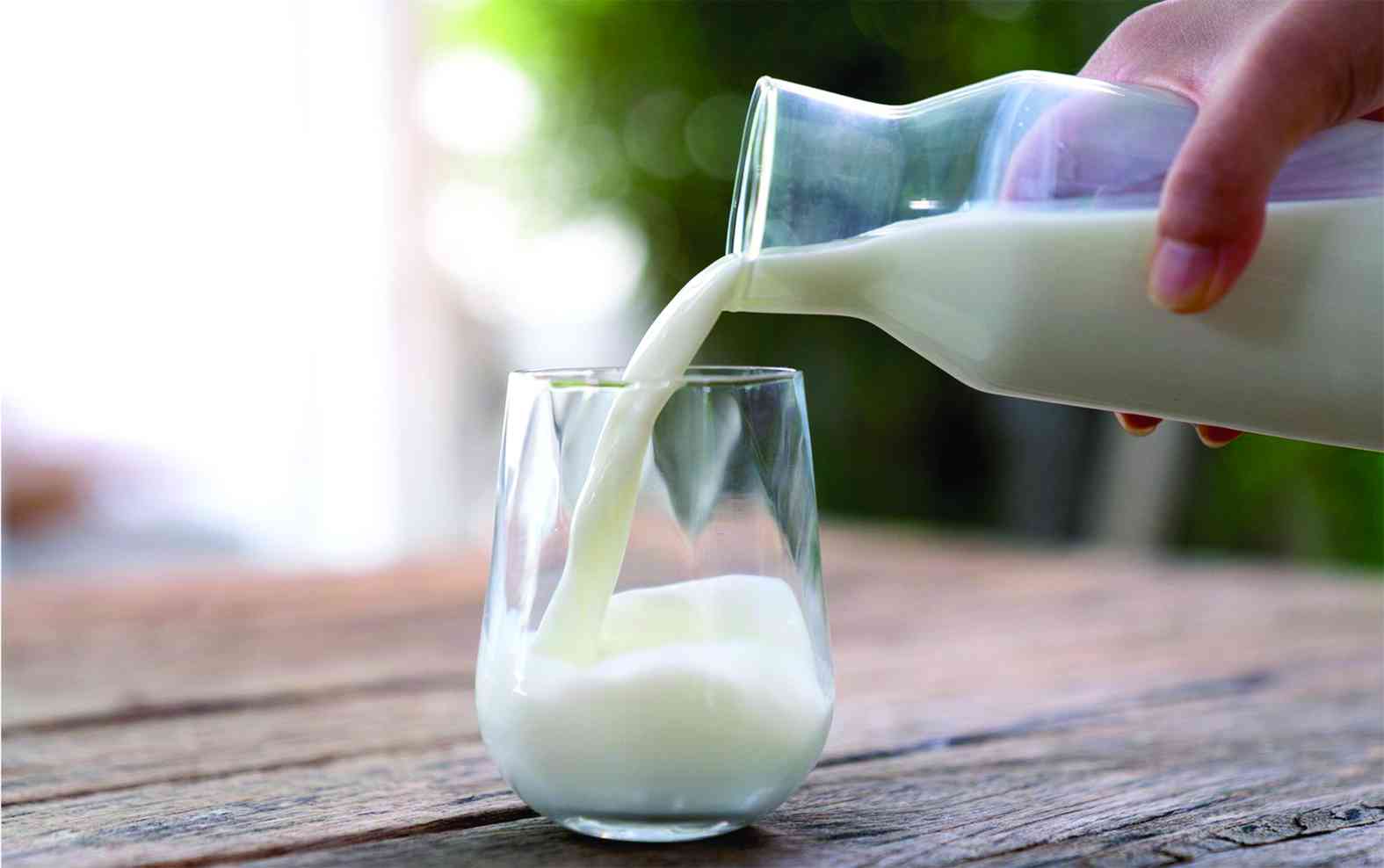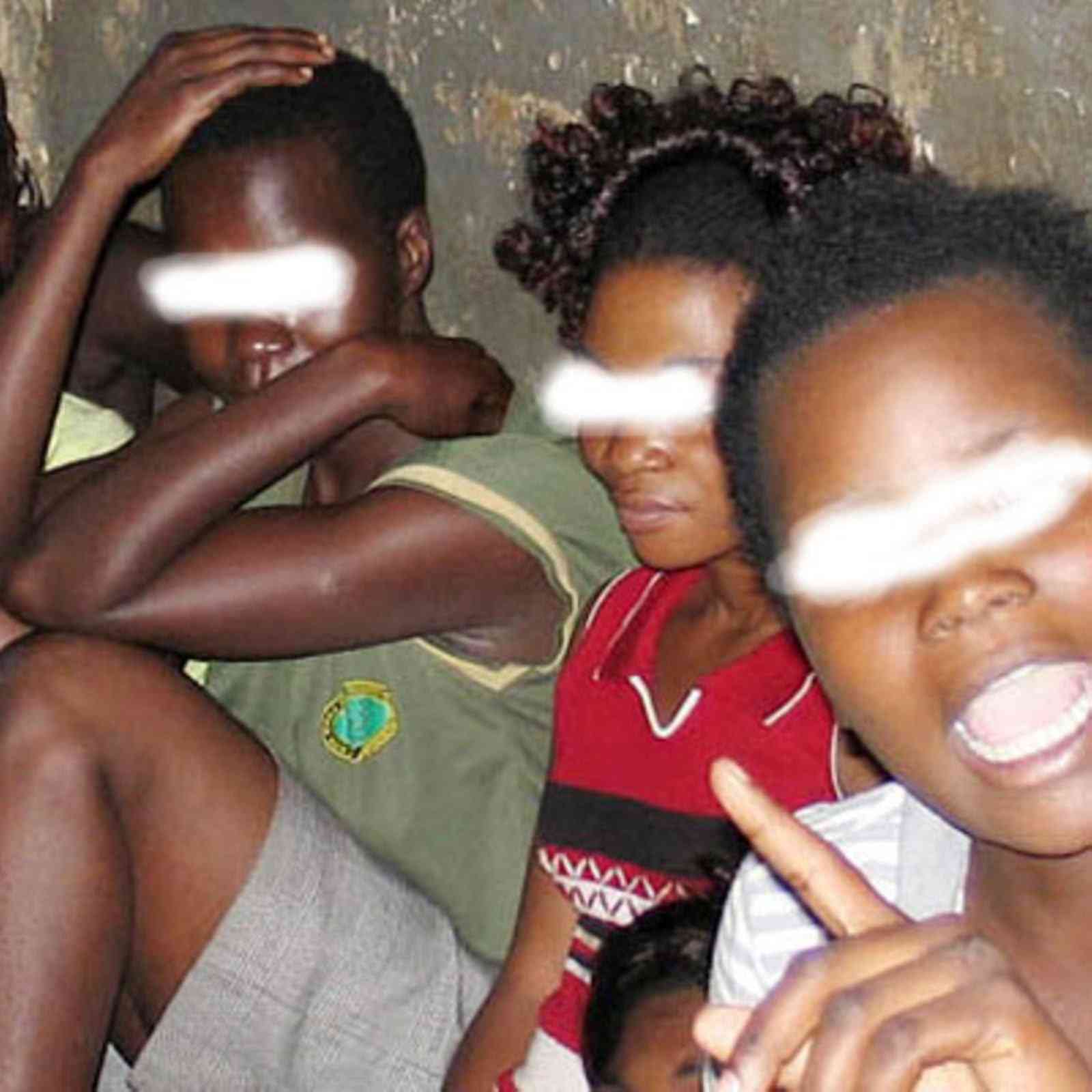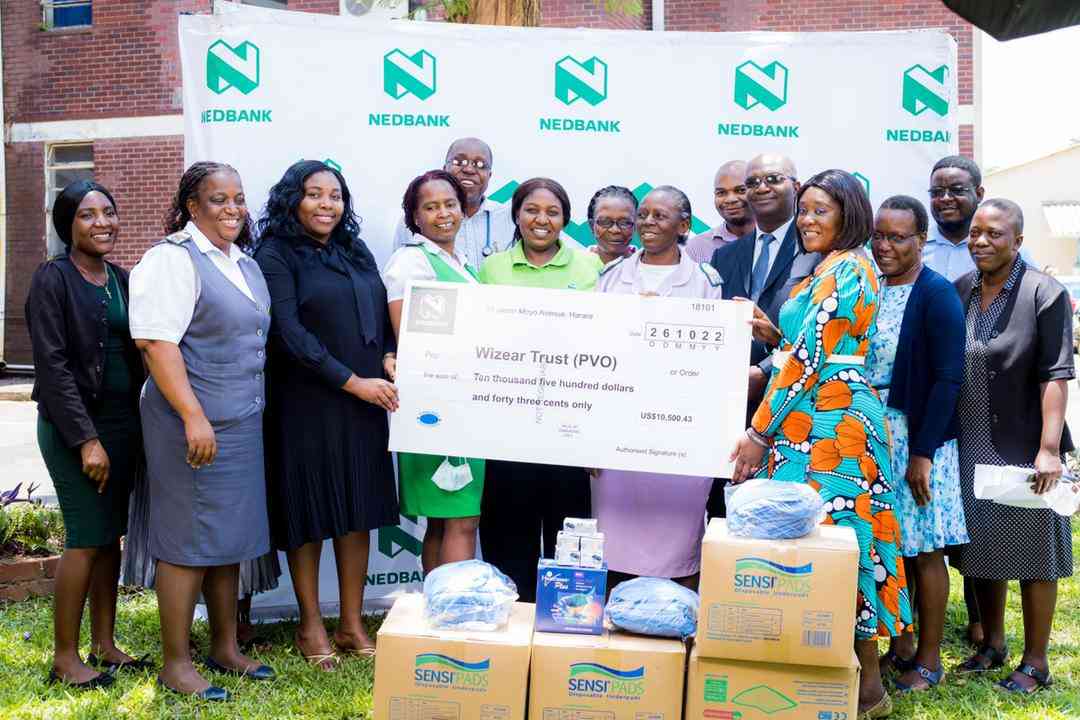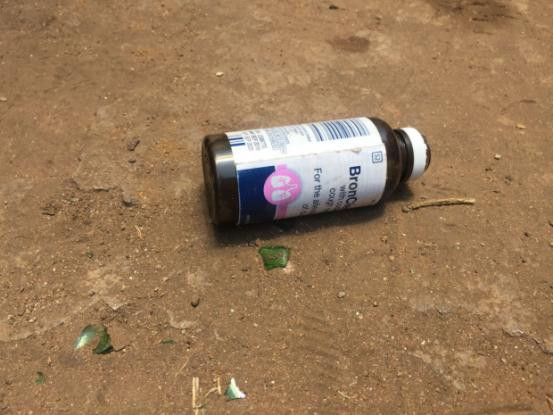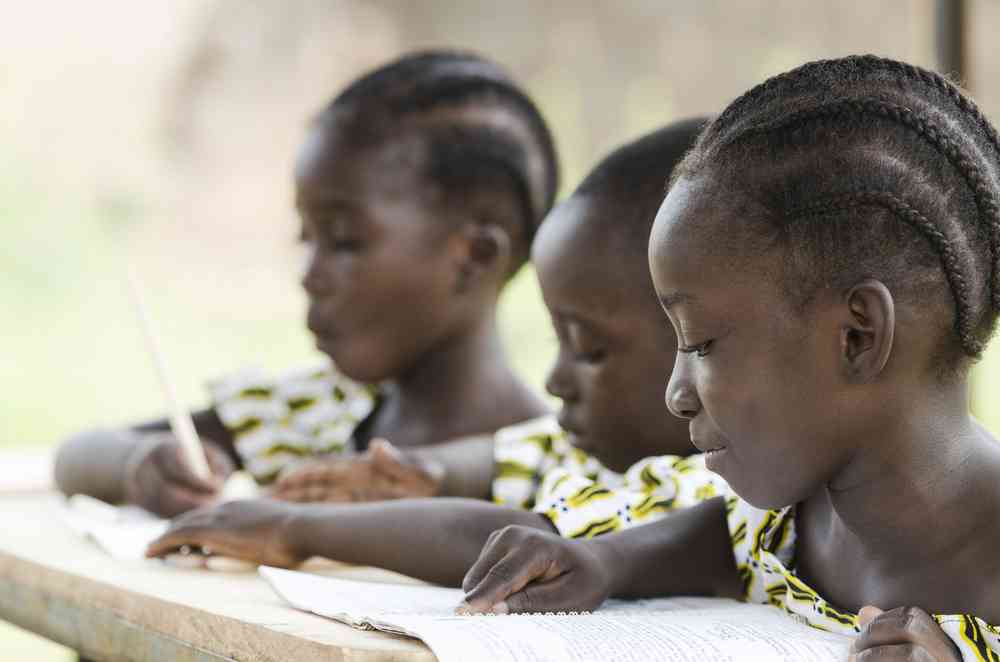
Thank you all for joining us to mark the 238th anniversary of the United States’ Declaration of Independence.
Ambassador Bruce Wharton

Today, we celebrate the Declaration’s central ideas: that all people are created equal, have inalienable rights, and have the right to govern themselves. As a nation and a people, we Americans remain committed to those ideals.
Since 1776, we have learned that we cannot succeed alone. Without friends and allies such as the French, the Spanish, the Dutch, and some Native American tribes such as the Mohawk, our independence might not have been won when it was.

Today, as we continue to work toward realizing the values in the Declaration of Independence, Americans understand that our own liberty and prosperity are tied to those of people and nations around the world. We need partnerships of mutual respect and benefit.
- Chamisa under fire over US$120K donation
- Mavhunga puts DeMbare into Chibuku quarterfinals
- Pension funds bet on Cabora Bassa oilfields
- Councils defy govt fire tender directive
Keep Reading
We believe in the importance of strong partnerships with Zimbabwe. While we have disagreements, we share fundamental values with Zimbabwe and our commitment to the success of this nation has never been stronger. A strong, democratic, prosperous and healthy Zimbabwe strengthens the region and the world, and we seek to help Zimbabweans build success.

Since Zimbabwe’s independence, the United States has provided more than $2 billion in development and humanitarian assistance.
Our current programs of about $140 million per year are focused on the fundamentals: public health, humanitarian assistance, economic development, agricultural growth, food security, opportunities for women and youth, and support for democratic institutions.
And, what we do in Zimbabwe we do in partnership with Zimbabweans. We know that is the only way for our work here to be effective and enduring. So, partnership is our theme today.

Here are a few examples of those partnerships.
First, our great choir is made up of participants in the U.S. Student Achiever Program, or USAP. These are gifted Zimbabwean students from modest backgrounds with whom we work to find scholarships to attend American universities.
Standing here in front, wearing corsages so that you can meet and speak with them, are three individuals who represent thousands of Zimbabweans with whom the United States has partnered to help strengthen Zimbabwe in many ways:

From Binga, is Ms. Chiza Mwinde whose excellence in high school enabled her to join USAP, the same embassy program that works with the members of the choir. USAP helped Ms.Mwinde prepare, apply, gain admission, and secure a scholarship worth nearly $250,000 from Smith College, one of the top women’s universities in the U.S. Ms. Mwinde will return home to Zimbabwe after graduating to help students, teachers and administrators provide the best in education to all Zimbabweans, whether they come from Binga or Borrowdale.
From Harare, is Mr. Mfundo Mlilo, the Chief Operating Officer of the Combined Harare Residents Association. After earning a Master’s Degree at Africa University, Mr. Mlilo applied for a Humphrey Fellowship, a professional exchange program funded by the U.S. Government.
That program provided a year at the University of Minnesota to study how civic society can support and strengthen local governance and provision of services.
Now back in Zimbabwe, Mr. Mlilo will work to improve the dialogue between citizens and government on issues such as water and sanitation that are at the core of citizen needs.
And, from Mutema, Mrs. Jennifer Dzambo, a farmer. Mrs. Dzambo is one of 440 participants in a U.S. Government-funded program implemented by the Zimbabwe Agricultural Income and Employment Development program (ZimAIED) to introduce and support banana cultivation as an income generator for small-holder farmers in Chipinge. This 5-year program supports the entire process – from access to credit, to technical support, to market access – and seeks to improve lives by creating steady employment and income. Since January of this year, Mrs. Dzambo has produced and sold nearly 11,000 kg of bananas, making more than $3000, enabling her to send her children to a better school and branch out into other farming activities.
These three people stand here as representatives of thousands of other Zimbabweans with whom the United States has partnered to improve our collective future. I encourage you all to take the opportunity to speak with each of these proud Zimbabweans, and hear from them about how our partnerships work to strengthen Zimbabwe.

Less evident here today, but no less important, is the Young African Leaders Initiative, YALI. Just as many African leaders studied in the U.S. a generation ago – including several senior Zimbabwean government officials – President Obama’s YALI program seeks partnerships with young people across Africa.

This year, the White House invited 500 of these young leaders to the United States for a six-week exchange experience called the Washington Fellowship. Thirty of the Washington Fellows are from Zimbabwe, and having met these impressive young people last month, I assure you that all Zimbabweans can be very proud of them. On July 28 the Washington Fellows will meet President Obama and other U.S. government officials to exchange views on how Americans and Africans can create opportunities for the future. I look forward to welcoming the thirty Washington Fellows back to Zimbabwe, learning about their experiences, and hearing their ideas for partnerships that will benefit their communities here.
We have other important partners here in the pavilions behind you: The University of Zimbabwe’s Department of Community Medicine, the Biomedical Research and Training Institute, the Organisation for Public Health Interventions and Development, Population Services International Zimbabwe, Hilfswerk Austria International Zimbabwe, ZimAIED, and the World Food Program. Please speak with them and learn about these partnerships with Zimbabwe.
Let me also thank our friends from Zimbabwe’s Vintage Vehicle Club and Duly’s Ford who have brought some beautiful examples of another aspect of the U.S.-Zimbabwe partnership and shared interests.
And, let me recognize and thank Delta Beverage Corporation, Coca Cola, and Bespoke Brewers for their generous support of our celebration today, and Environment Africa for helping us recycle and keep this celebration green. Thank you.
Finally, I must thank my wonderful American and Zimbabwean colleagues – the men and women of the United States Mission in Zimbabwe – for the months of work that made this celebration possible.

The U.S. Mission in Zimbabwe will continue to improve our existing partnerships with Zimbabwe and create new ones – especially in the economic and business sector. And, I am pleased to acknowledge that we have good partners in that in the Government of Zimbabwe. In the spirit of our Declaration of Independence, we must continue to work together to realize the idea that all people are created equal, have inalienable rights, and the right to govern themselves.
Now, please join me in a toast to the long and continuing partnership between the United States and Zimbabwe, and to its growth in the year ahead.

